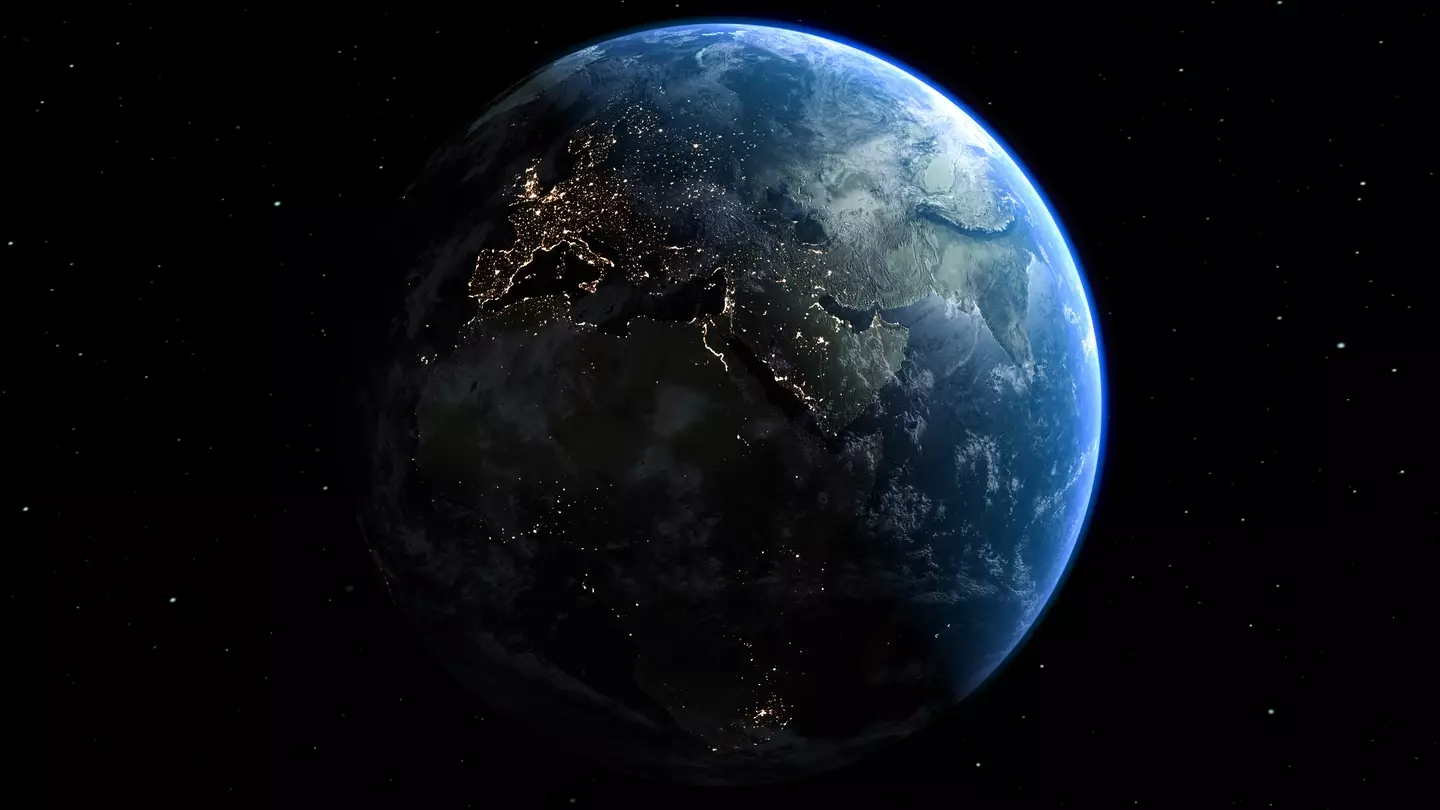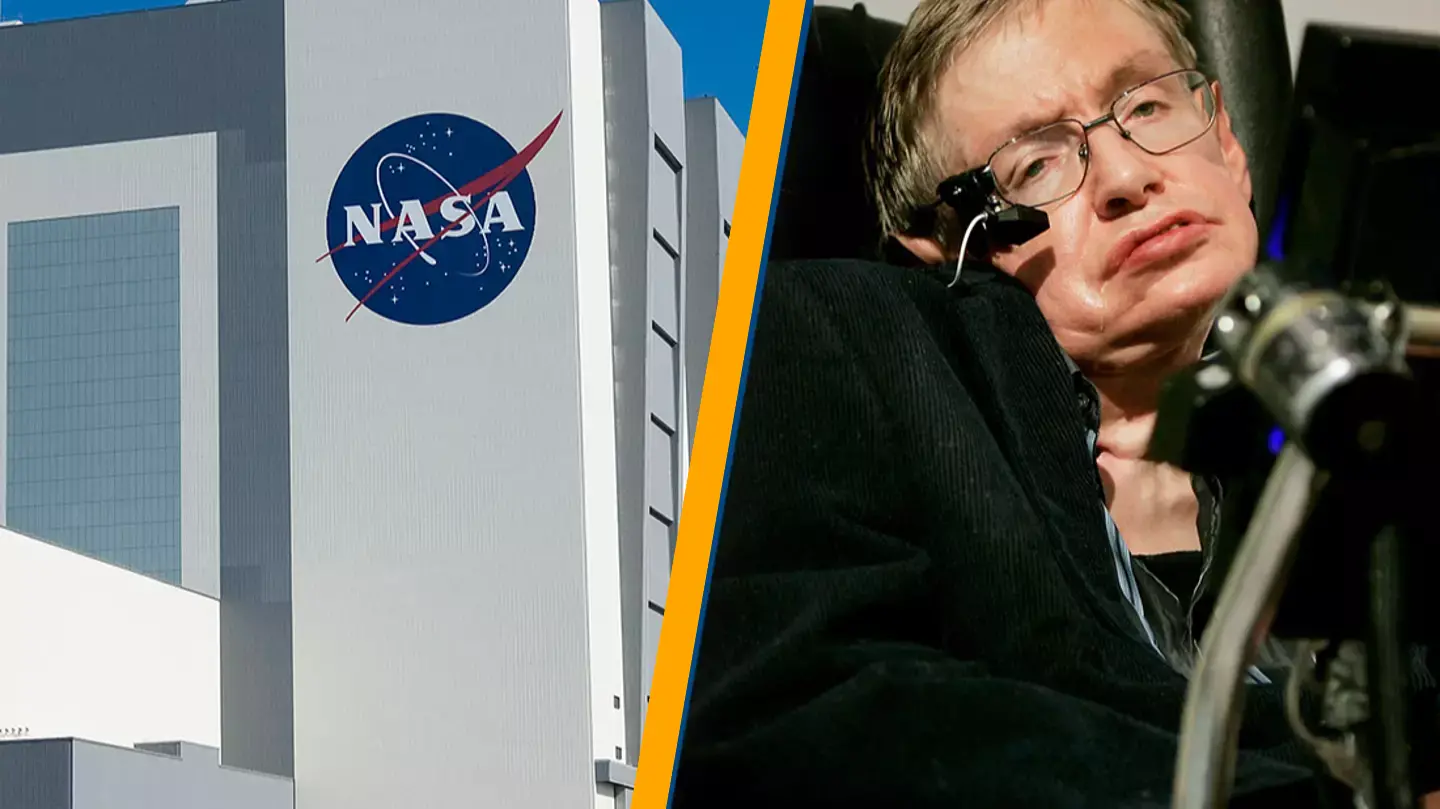NASA has commented on the possible end of Earth, referencing a stark prediction made by the late Stephen Hawking in 2016.
Before his passing in 2018, the esteemed physicist shared his views on how human actions could potentially lead to the world’s demise.
Hawking identified several human-induced threats to Earth, including nuclear warfare, climate change, and bioengineered viruses.
Fast forward to 2024, global warming remains a pressing issue for climate change advocates.
Groups like Extinction Rebellion and figures such as Greta Thunberg are working to raise awareness about the environmental dangers facing the planet if sustainable practices are not adopted.

Hawking’s prediction about the end of the world is unsettlingly close; he suggested it could occur by the year 2600.
He also warned that technological advances might present ‘new ways things can go wrong,’ as reported by the BBC.
Recently, NASA has addressed the potential demise of Earth, referencing Hawking’s forecast.
While NASA informed Newsweek that they cannot validate the 2600 date, they share similar concerns with Hawking regarding certain global threats.
They stated: “For more than 50 years, NASA has studied our home planet, providing information to directly benefit humanity and producing observations that can only be gathered in space that address some of the areas that Hawking mentioned.
“The effects of human-caused global warming are happening now, are irreversible for people alive today, and will worsen as long as humans add greenhouse gases to the atmosphere.”

The cautions from both Hawking and NASA are significant, though Hawking had previously offered a note of optimism.
He stated: “We are not going to stop making progress or reverse it, so we have to recognise the dangers and control them. I’m an optimist, and I believe we can.”
NASA also struck an optimistic tone regarding humanity’s ability to influence this outcome, noting: “The severity of effects caused by climate change will depend on the path of future human activities.”
Additionally, NASA mentioned on its website that ‘if we can reduce emissions, we may avoid some of the worst effects’.

